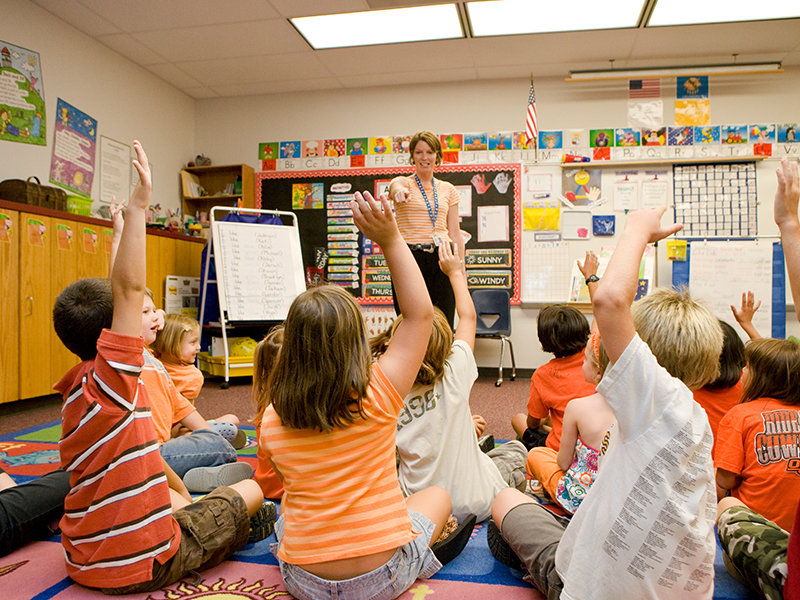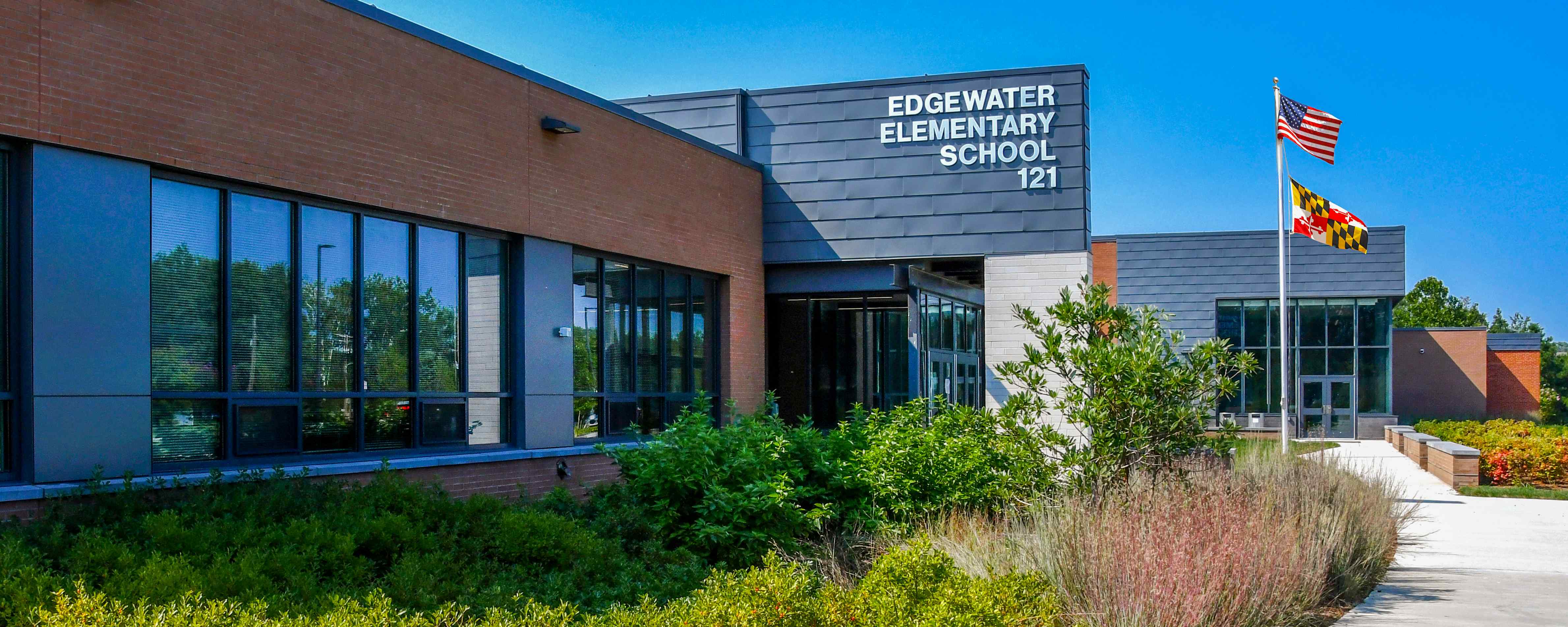Checking out the Benefits of Preschool Programs: A Comprehensive Overview to Early Education And Learning
Preschool programs play a critical duty in shaping a youngster's early instructional experience. They offer a structured environment where young students can establish vital social abilities, psychological durability, and cognitive capabilities. These fundamental abilities are necessary as children move right into more formal schooling. Recognizing just how these programs add to a child's growth exposes much concerning their lasting academic trajectory. What certain advantages do these early experiences use, and exactly how do they influence a youngster's future?
The Significance of Social Skills Advancement
While lots of facets of very early education and learning focus on academic skills, the growth of social abilities in kindergarten programs is similarly important. Social abilities encompass the capacity to connect properly, team up with peers, and navigate social scenarios, every one of which are essential for a youngster's overall advancement. In preschool, youngsters learn to share, take turns, and fix problems, fostering a sense of community and belonging. These experiences allow young students to create and form friendships empathy, preparing for positive relationships in the future.
Teachers play a critical role in assisting in social ability growth via structured activities and led communications. Via team jobs and play, kids exercise crucial abilities such as paying attention, working out, and comprehending varied perspectives. These interactions aid children construct self-confidence and self-confidence, important components for their individual and academic journeys. In general, nurturing social abilities in kindergarten enriches kids's experiences and prepares them for the intricacies of social life beyond school.

Structure Psychological Strength in Youthful Learners
Building psychological durability in young learners is fundamental to their general wellness and success in various elements of life. Kindergarten programs supply an organized environment where kids can find out to navigate their feelings efficiently. Through assisted communications and activities, instructors aid youngsters recognize and express their sensations, cultivating a feeling of self-awareness.
Additionally, these programs commonly consist of approaches for coping with obstacles, such as problem-solving activities and role-playing situations that prepare youngsters for real-life circumstances. By motivating participation and compassion, young learners establish solid social connections, which are essential for emotional support.
Teachers play an essential duty in modeling durability by demonstrating exactly how to take care of stress and misfortune. As kids observe these actions, they internalize useful coping devices, outfitting them to deal with future psychological difficulties with higher convenience. In general, supporting psychological strength in early education lays a strong foundation for lifelong mental health and wellness and flexibility.
Enhancing Cognitive Capacities With Structured Discovering
As kids involve in structured knowing experiences within kindergarten programs, their cognitive abilities are considerably enhanced. These programs introduce age-appropriate tasks that boost crucial thinking and analytic abilities. For instance, hands-on tasks such as problems and structure blocks advertise spatial recognition and rational reasoning.
Additionally, interactive storytelling and team conversations foster language growth, broadening vocabulary and comprehension. With organized routines, children learn to adhere to instructions, boosting their exec working skills, which are important for future scholastic success.
Social click for info communications within these programs additionally play a considerable function, as children find out to work together and interact effectively, further boosting cognitive development.
Furthermore, incorporating play-based learning permits kids to explore concepts in an enjoyable and appealing way, enhancing their understanding and retention of expertise. Generally, structured knowing in kindergarten lays a strong foundation for cognitive growth, preparing youngsters for the obstacles of college.
Promoting a Love for Lifelong Knowing

In addition, positive interactions with educators and peers add to a setting where knowing is checked out as satisfying and enjoyable. This helpful environment aids infuse inherent inspiration and strengthens the concept that education and learning is a continuous journey instead of a destination.
As youngsters discover their strengths and interests, they are more most likely to seek expertise past the class, laying the structure for a long-lasting commitment to discovering. Eventually, kindergarten programs play a crucial duty fit passionate students that embrace academic chances throughout their lives.
Preparing for Future Academic Success
While foundational skills are crucial for early learners, preschool programs likewise play an important function in preparing kids for future scholastic success. These programs present crucial concepts such as literacy and numeracy, guaranteeing that kids develop the cognitive abilities necessary for advanced learning. By involving in organized activities, students boost crucial thinking and analytic abilities, laying a solid foundation for their academic trip.
Preschool fosters social-emotional growth, allowing children to browse collaborative jobs and build partnerships with peers. This collective atmosphere instills a sense of belonging and boosts self-confidence, which is vital for academic perseverance.
Furthermore, direct exposure to diverse understanding experiences in preschool cultivates flexibility, gearing up youngsters to tackle numerous topics and difficulties in succeeding grades (Kindergarten). Eventually, by giving a versatile early education you could check here and learning, preschool programs guarantee that kids are not just ready for first grade yet also gotten ready for ongoing scholastic success throughout their educational occupations
Regularly Asked Questions
What Age Is Suitable for Beginning Kindergarten Programs?
The optimal age for starting preschool programs is normally between five and six years old. This age allows youngsters to develop essential social, psychological, and cognitive abilities, preparing them for future academic success and personal growth.
How Do I Select the Right Preschool Program for My Child?
To select the ideal preschool program, one must take into consideration factors such as educational program, teacher qualifications, class size, location, and the school's approach. Observing the setting and celebration responses from various other moms and dads can likewise be useful.
Exist Any Type Of State Demands for Kindergarten Enrollment?
Numerous states have details needs for kindergarten registration, consisting of age restrictions and documents such as birth certifications or evidence of residency (Grade School). Moms and dads need to consult their local education authority to understand the exact standards in their location
What Should Moms and dads Anticipate During a Typical Preschool Day?
During a normal preschool day, moms and dads can anticipate structured activities including circle time, creative play, basic academic lessons, treat breaks, and social interaction, all designed to foster understanding and growth in a caring atmosphere.
Exactly How Can Parents Assistance Learning in the house along with Preschool?
Parents can support learning in the house by taking part in routine reading, integrating academic video games, developing a regular routine, encouraging inquisitiveness through questions, and developing a positive, caring environment that promotes expedition and creativity.
Kindergarten programs play a pivotal duty in forming a child's early academic experience. Kindergarten programs provide a structured environment where kids can find out to navigate their feelings efficiently. As children engage in organized knowing experiences within preschool programs, their cognitive capabilities are significantly improved. By appealing youngsters in varied tasks-- such as narration, hands-on experiments, and joint tasks-- preschool programs cultivate interest and exploration. While fundamental abilities are critical for early students, preschool programs additionally play an essential role in preparing children for future academic success.